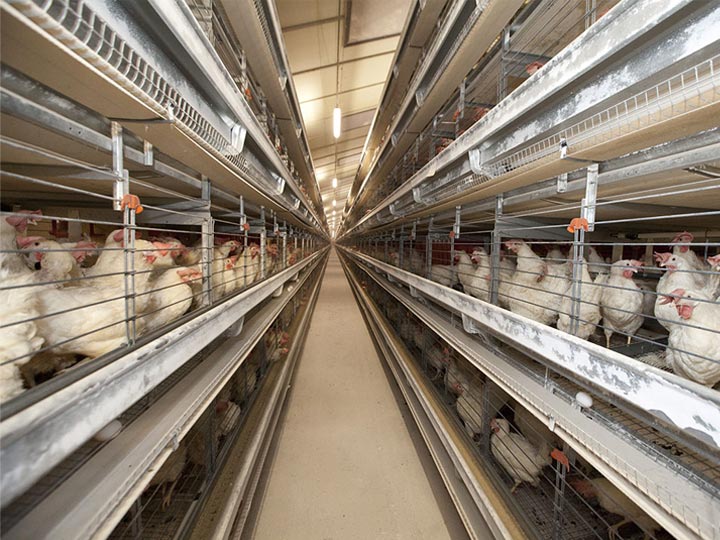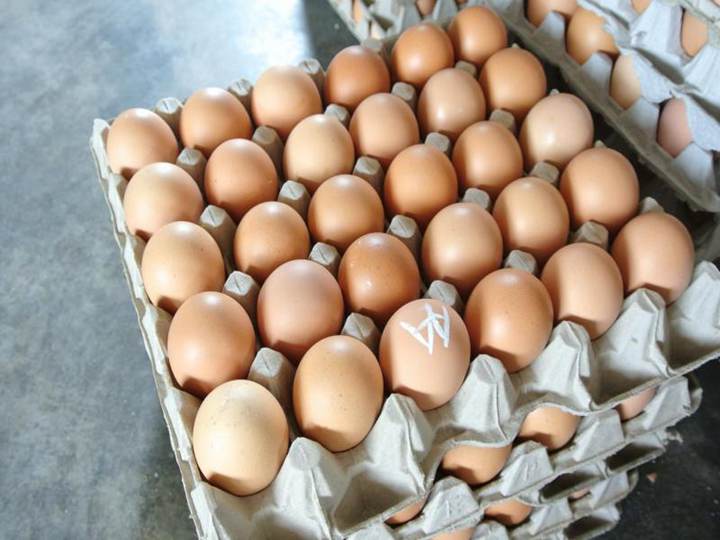A escassez de ovos na Nova Zelândia trouxe novos desafios
Num supermercado na Nova Zelândia, os clientes estão limitados no número de ovos frescos que podem comprar, mesmo com as prateleiras vazias em muitos locais.
De acordo com quem sabe, quando a proibição de galinhas em gaiolas na Nova Zelândia entrou em vigor, mais de 75 por cento dos criadores de galinhas da Nova Zelândia tiveram que mudar os seus métodos de criação ou parar de criar galinhas. Isto levou a uma redução de cerca de 700.000 galinhas no rebanho comercial, bem como a um rápido declínio no número de ovos.

O fim do sistema de gaiolas, combinado com a Covid, e o aumento do custo dos alimentos devido à guerra na Ucrânia, juntaram-se e o preço dos ovos tornou-se muito elevado.
Os padeiros comerciais estão sentindo o aperto, já que a escassez nacional de ovos na Nova Zelândia levou a preços mais altos no atacado para o ingrediente principal. Diz uma pessoa da indústria da panificação: “Os nossos preços dos ovos subiram acentuadamente em Agosto e Novembro deste ano devido à epidemia e à guerra, e agora estão a subir novamente devido à escassez de ovos”.


Sem ovos suficientes, não há como fazer pavlovas, a clássica sobremesa de pastelaria, e uma variedade de outros bolos e sobremesas. Isso atingiu duramente a indústria de panificação da Nova Zelândia.
Os padeiros que fazem boas escolhas comerciais continuarão a ter sucesso, apesar dos desafios do aumento dos custos das matérias-primas. Os padeiros devem trabalhar de forma mais inteligente e não mais difícil, e precisam determinar exatamente quais são os produtos mais rentáveis no momento e concentrar-se nisso, para descartar aqueles que não são rentáveis em tempo hábil.
À medida que o número de ovos diminui, torna-se ainda mais importante que a bandeja para ovos os proteja. O efeito de amortecimento bandejas de ovos de papel é melhor do que as bandejas plásticas para ovos, o que pode efetivamente reduzir a taxa de quebra dos ovos e tornar os escassos ovos efetivamente protegidos.
